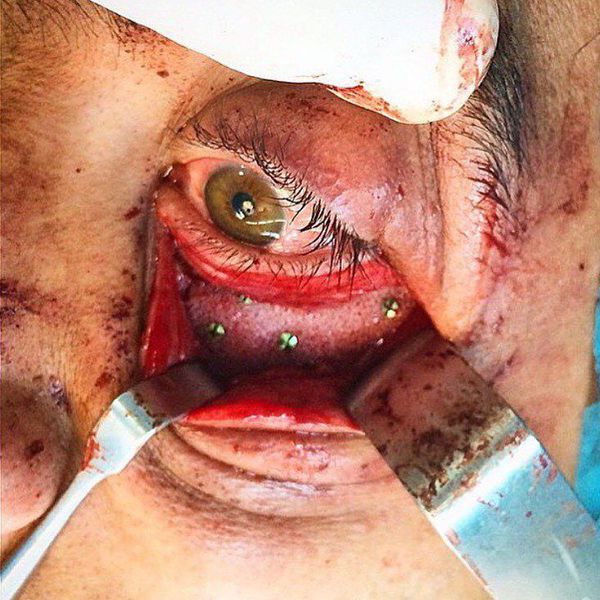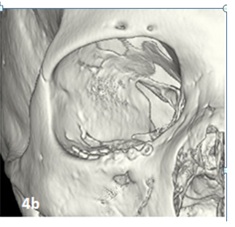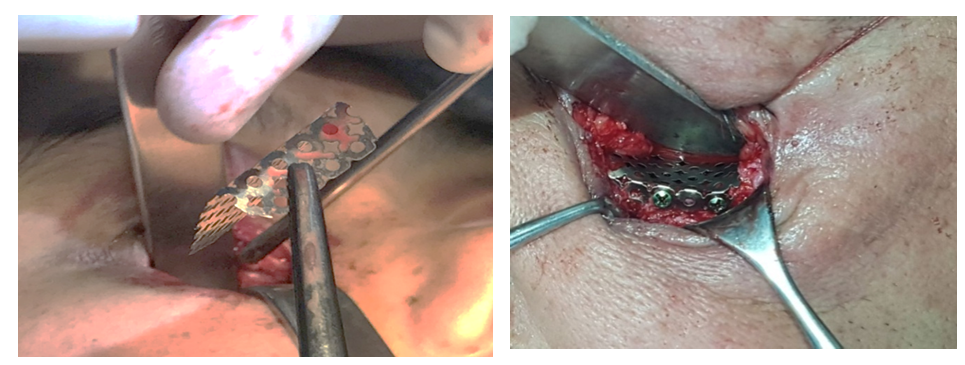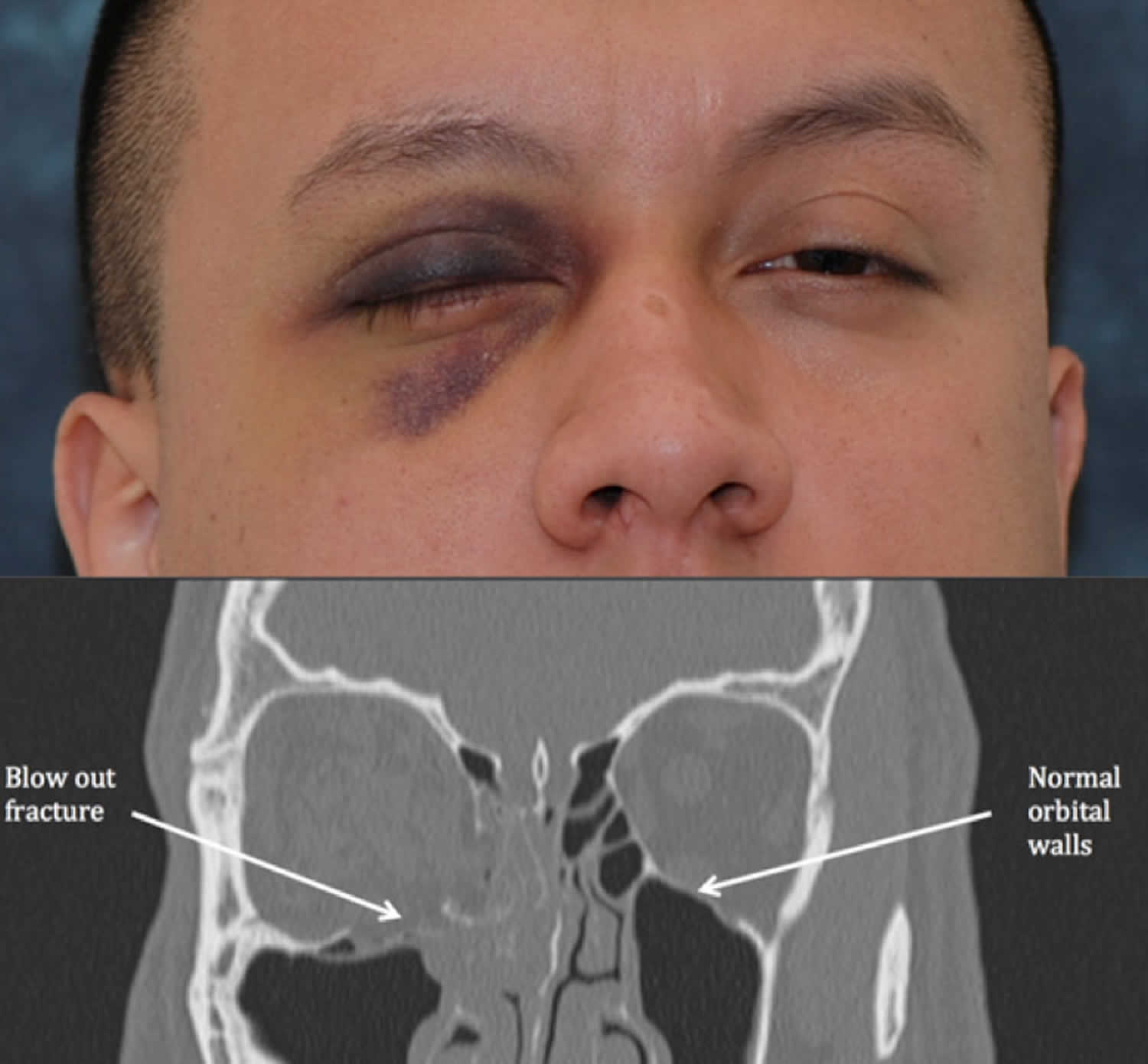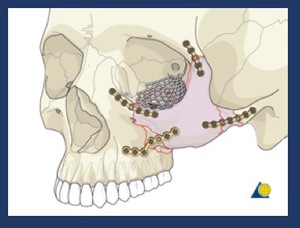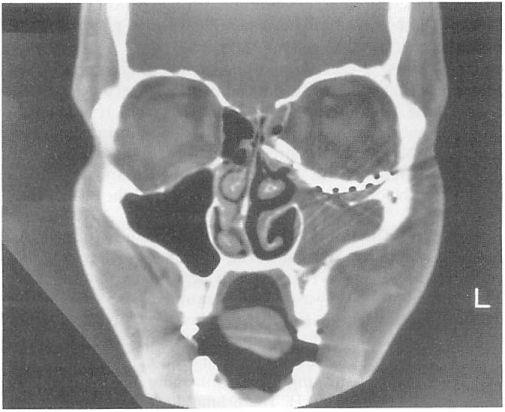Because of fibrous adhesion around the titanium mesh a proportion of patients experienced persistent diplopia or eyelid retraction beyond two months after the orbital floor repair.
Titanium mesh orbital floor.
Thickness color 420 302 1 0 mm 0 2 mm purple 420 303 1 0 mm 0 3 mm teal 420 304 1 0 mm 0 4 mm gold 421 302 1 3 mm 0 2 mm purple 421 303 1 3 mm 0 3 mm teal 421 304 1 3 mm 0 4 mm gold titanium orbital floor plates anatomic small screw dia.
Implants designed using ct scan data to approximate the anatomy of the orbital floor and medial wall.
Treatment of orbital fractures involves restoration of lost bone anatomy and orbital volume.
This study was aimed to compare the efficacy of customized patient specific titanium mesh based on 3d printed model with intra operative bending of titanium mesh for reconstructing of orbital floor fracture.
This is a very rare complication that requires replacing the titanium implant with an implant made from another material or graft.
Titanium mesh 0 2 mm thick was contoured and fixed to reconstruct the orbital floor and obtain midface projection.
Titanium mesh and cranial bone grafts both seemed to bridge the defects without sagging or changes in shape.
Fascia lata was used to cover the titanium mesh along the orbital floor to prevent fat.
10 synthes titanium orbital plates technique guide titanium orbital mesh plates screw dia.
The authors share their experience with 10 patients suffering from orbital trauma causing orbital floor fracture.
Medpor titan 3d orbital floor.
Likewise our medpor titan line combines high density polyethylene sheets and titanium mesh in a single implant for increased flexibility shape retention.
Liu jk gotfried on cole cd dougherty.
Those fractures were reconstructed using titanium mesh.
Concerning isolated orbital wall fractures the most frequently fractured is the orbital floor referred also as a pure blowout fracture pure orbital blowout fracture is an entity which should be considered distinctly from other types of orbital fractures as it is more likely to be associated with soft tissue injuries resulting in.
However the one instance where a thin titanium screen was used instead of the thicker stiffer titanium mesh a sagging of the screen and orbital contents inferiorly into the maxillary sinus occurred fig 12.
The defects were reconstructed by titanium mesh in combination with autogenous fascia lata in the orbital floor performed by 1 surgical team.
Among the materials used for this purpose the titanium mesh is widely used due to its effectiveness.









